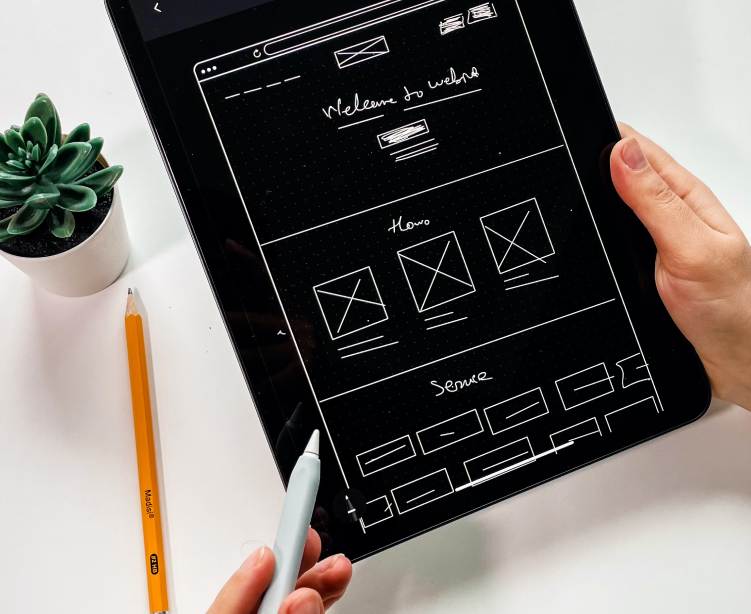Douglas Gastich
On a recent panel discussion I was asked my opinion about no code apps. As the CEO of an app development firm, I hadn’t stopped to think about it. There’s the knee jerk reaction, that assumes no code tools as a competitor to our service. But more often, in reality, no code winds up as part of a spectrum of tools and services companies use to get an idea off the ground. And as with all tools, each has its place, and its challenges when used out of alignment with its effective range.
No-code tools allow non-developers to create working software and apps. Some of these, like Airtable and Smartsheet are better for data-intensive projects (think: workflow tool to handle an internal process like shipping and receiving). Others, like Bubble, are good for building mobile apps with basic functionality like a store or messaging system. And of course many of us have heard of tools like Wix, to build Websites.
I’ve seen these technologies work really well. When a business process or challenge is not totally understood, no-code apps can be kind of like modeling clay. They can be torn down and reshaped.
There is a saying that ‘nothing is as expensive as the first line of code’. Once the coding starts, things ‘get serious’. No-code apps can help delay this commitment until you are fully ready.
The challenge we see is timing the transition. Most ‘rescue’ projects we see happen because the no-code tool was used too long. It will break in strange ways. It won’t scale. It gets too expensive to maintain. You cannot make it look the way you want or need it to.
How do you know which way to go? No-code, or software development?
- Do you have a working version? It may be easier to go directly from prototype to software.
- Do you have ‘product market fit’? Confirmation that you can attract users, get folks to pay for your service usually means it’s time to develop software.
- During initial planning, do the math on what ‘success’ looks like as it relates to business volume. If you are considering no-code, make sure your units of measure align well with the unit used to price the no-code tool (users, admins, revenue, data)
- Look for off ramps. Can you export your project? Is there any code you can access? Usually the answer is no- keep this in mind as you build.
- Get a bid to rebuild the app with an industry standard platform. How does this bid compare to 6 months of operation on the no-code system? How does it compare to your own time, needed to focus on this effort?
We live in a golden age of software. These no-code tools are democratizing app development. AI and code generation tools are making traditional software development easier than ever. And chances are there is already a library or integration out there for your particular business need.
But like any other technology or product or offer- use your common sense. If it feels too good to be true, it probably is. No-code has its limits, and they can be hard stops. The good news is that usually you reach these limits because your idea has become a success.
So get out there and get building!



